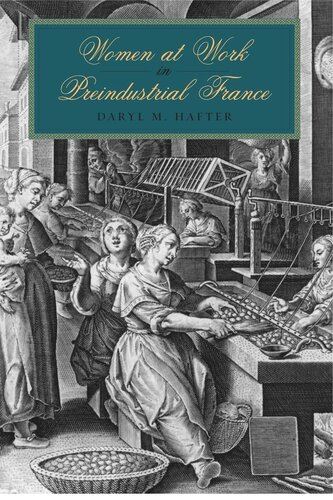

Most ebook files are in PDF format, so you can easily read them using various software such as Foxit Reader or directly on the Google Chrome browser.
Some ebook files are released by publishers in other formats such as .awz, .mobi, .epub, .fb2, etc. You may need to install specific software to read these formats on mobile/PC, such as Calibre.
Please read the tutorial at this link: https://ebookbell.com/faq
We offer FREE conversion to the popular formats you request; however, this may take some time. Therefore, right after payment, please email us, and we will try to provide the service as quickly as possible.
For some exceptional file formats or broken links (if any), please refrain from opening any disputes. Instead, email us first, and we will try to assist within a maximum of 6 hours.
EbookBell Team

4.4
62 reviewsThe subject of women as skilled workers in the eighteenth century is central to our understanding of the history of work and technology in the preindustrial age. While recent scholarship has dispelled the notion that women did not enter the workforce until the Industrial Revolution, debate continues as to the extent to which women actually participated in skilled work in the preceding decades. This book draws upon substantial archival research in Rouen, Lyon, and Paris to show that while the vast majority of working women in eighteenth-century France labored at unskilled, low-paying jobs, it was not at all unusual for women to be actively engaged in economic activities as workers, managers, and merchants. Some even developed vertically integrated wholesale and retail businesses, while others became indispensable to manufacturers through their technical skill. In fact, Hafter documents how certain women guild masters were able to exploit the legal system to achieve considerable economic independence, power, wealth, and legal parity with male masters. She also shows how gender politics complicated the day-to-day experience of these working women.